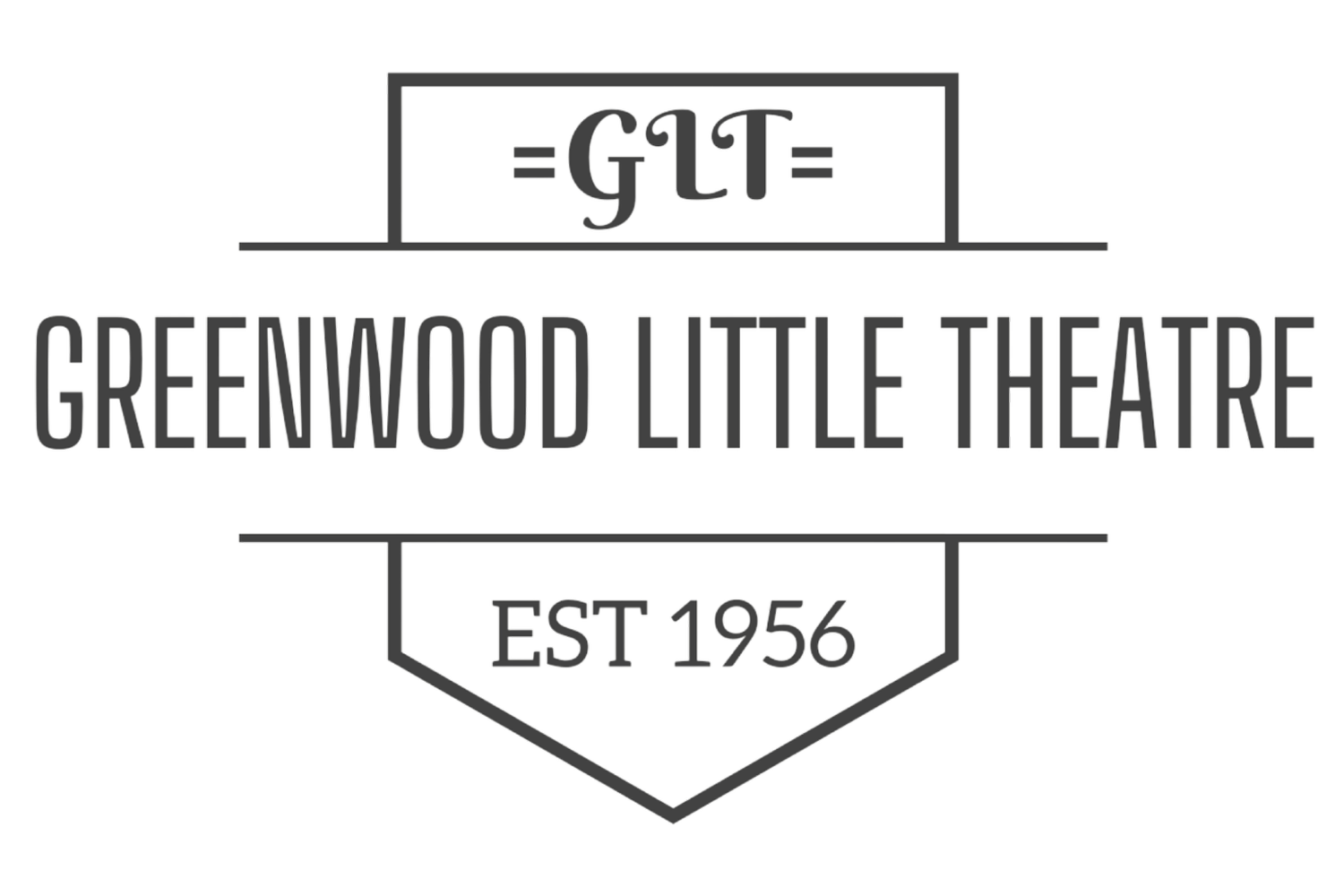GLT starts new season with ‘hilariously fun’ show
Greenwood Little Theatre’s production of “M*A*S*H,” a comedy about a mobile Army surgical hospital during the Korean War, is roaring fun. Or, more so, hilariously fun.
GLT’s first play of the 2019-20 season is directed by Nichole Henry, who is assisted by her father, Robin Henry.
The “M*A*S*H” set design is considerably decked out to mimic the feeling of life at a mobile Army surgical hospital. Army cots and camouflaged fatigues are just some of the details that transform the stage into the 4077.
It helps, too, that guns and helicopters can be heard in the background, mimicking the sounds of war.
There’s also more to see, thanks to mini side scenes that occur during main scenes, adding to the often hectic life of living on an Army base.
Of course, the true enjoyment of any play comes from its characters, and there are many in “M*A*S*H” to enjoy. Some are incompetent, bumbling leaders, and others are known for their zany antics, but all are trying to get through the war.
The duo of Duke and Hawkeye — played by Peter Gray and Will Perkins, respectively — are two Army surgeons who rely on their mischievous nature to pass the time.
Together, they clash with Capt. Frank Burns — played by Bobby VanDevender — who takes no pleasure in the pranks played by Duke and Hawkeye.
Really spurring animation into his character, with a boisterous voice, VanDevender creates the annoying, everyone-loves-to-hate character within the play.
The ensemble cast allows other characters — and actors — to showcase their many talents.
Gray and Perkins work particularly well together as a comedic duo. Every time the two appear in a scene together, you know there’ll be some laughs coming ahead.
While watching the play, it can be easy to forget that it’s set during a war. There are, however, a few doses of the reality of the war, such as when Ho-Jon (Gabe Wilson), a beloved Korean caretaker at the hospital unit, is drafted into the South Korean army. Another is the laden sexism that the women nurses face by their male counterparts, who don’t take the nurses seriously.
Overall, however, the war remains a backdrop within the world of “M*A*S*H.”
Even given the nature of the hospital’s work, specifically one set along a combat zone, the themes of war are not prominent within the play. Rather, “M*A*S*H” is about how the characters live their lives during the war.
The play’s characters seem fun and easy going. “M*A*S*H” does well in helping us to remember that even during a time of peril people can retain their sense of humanity — and sense of humor.
